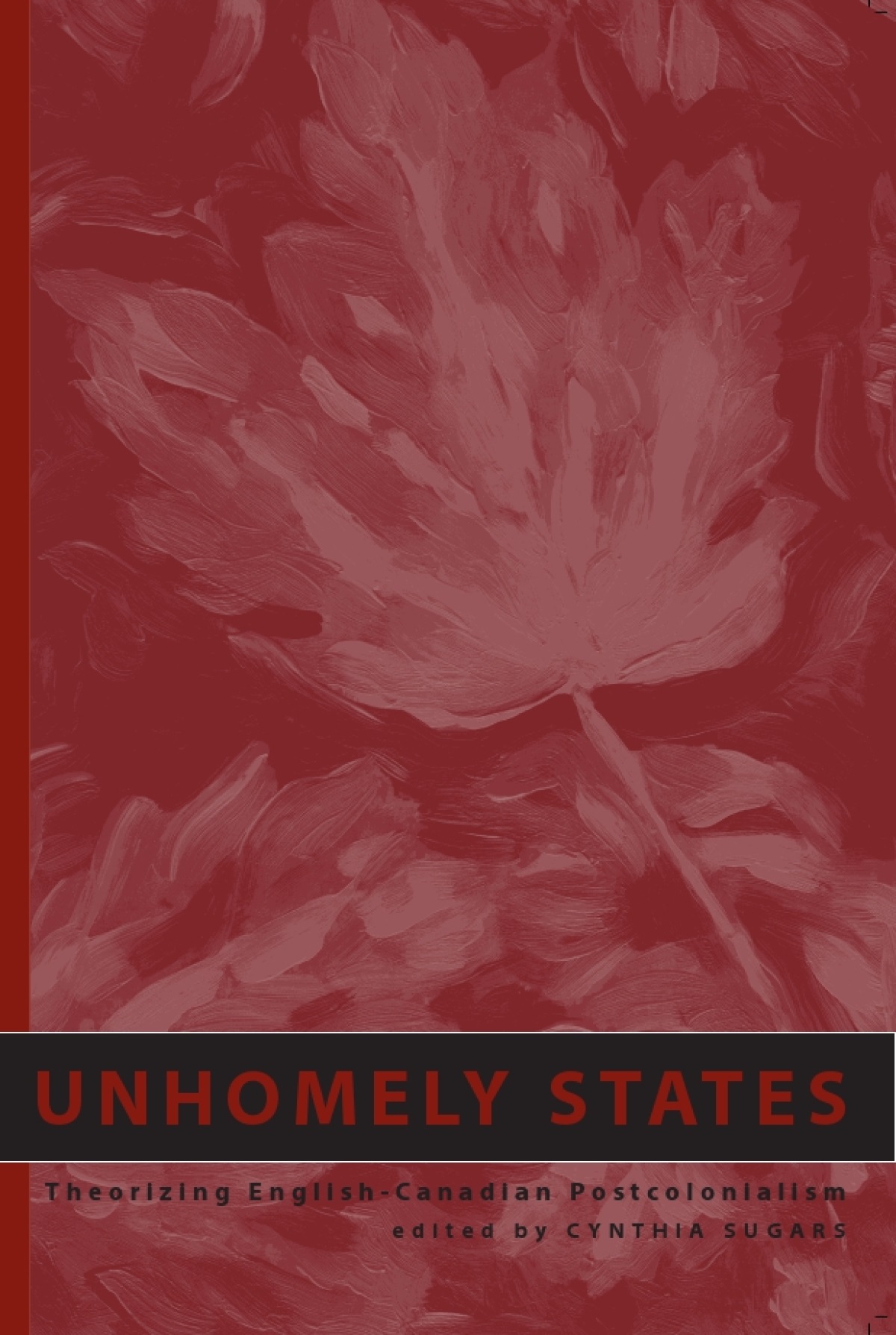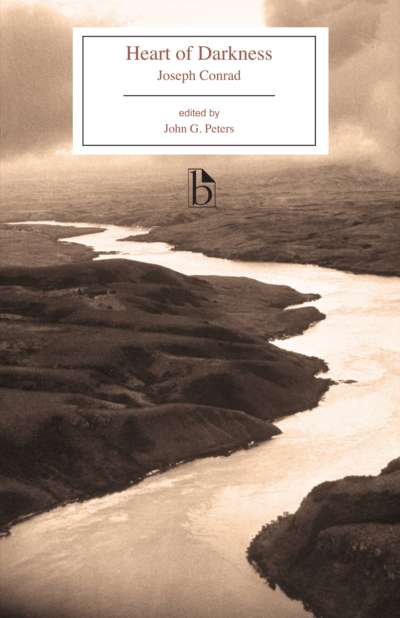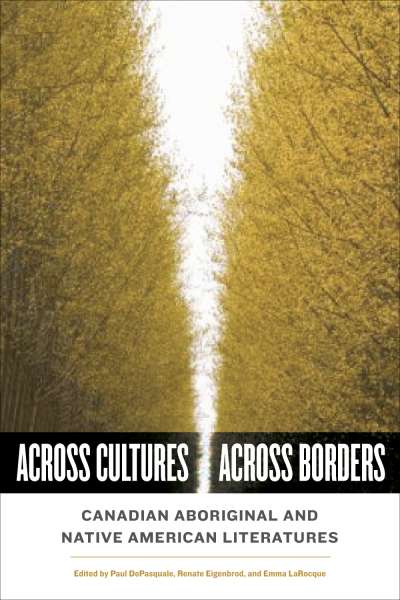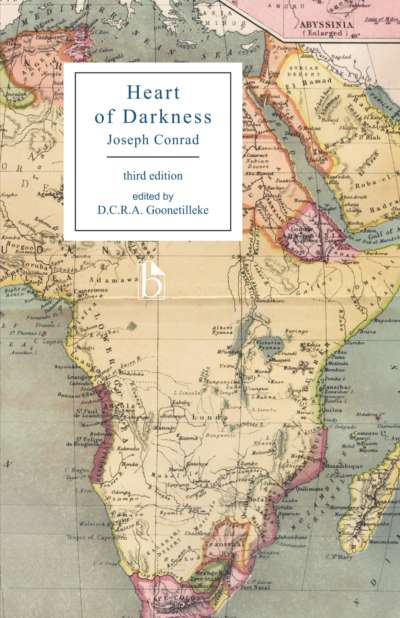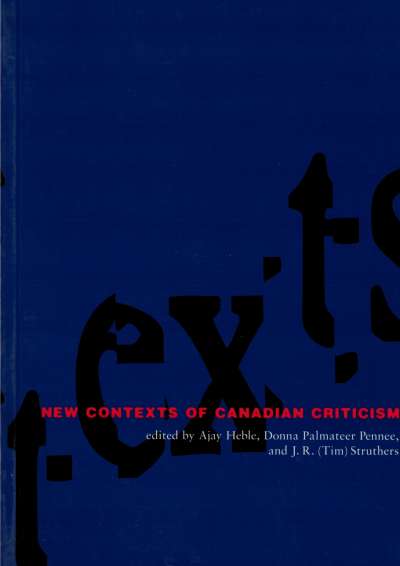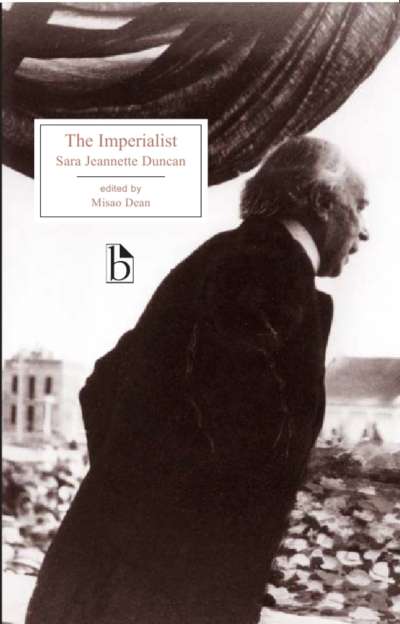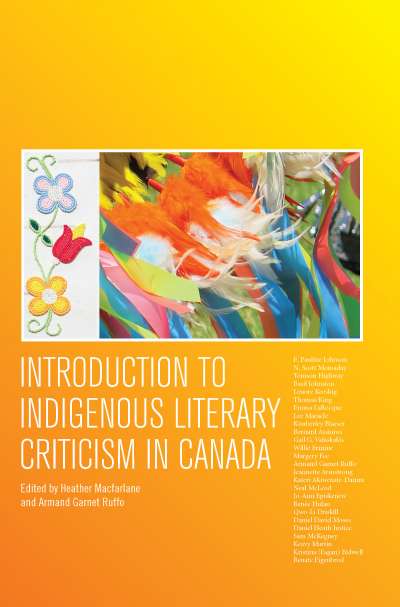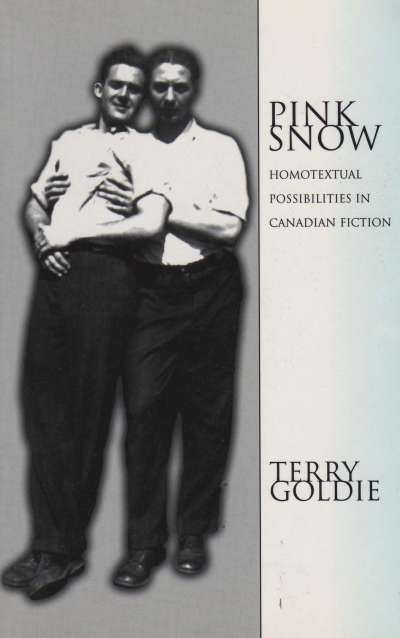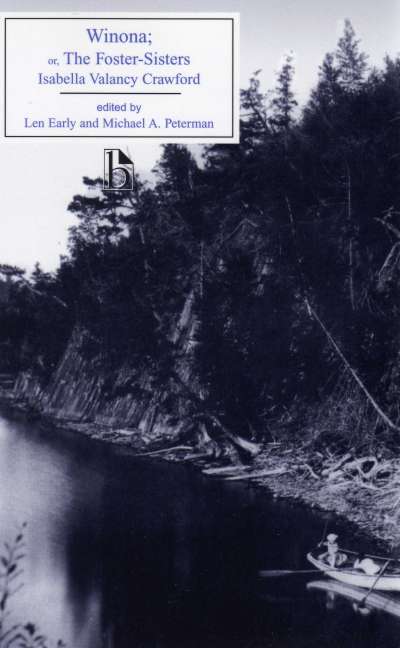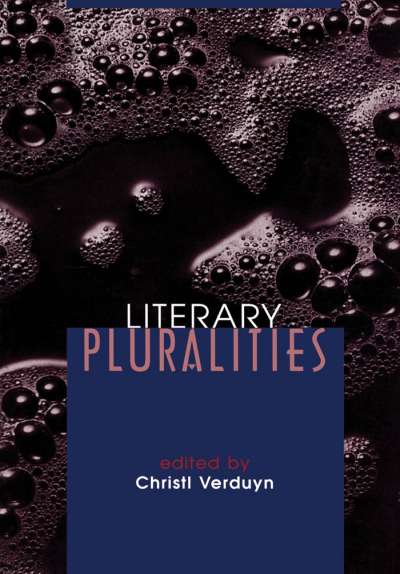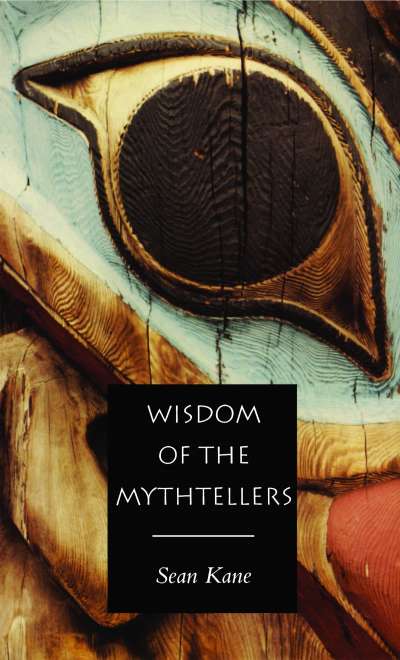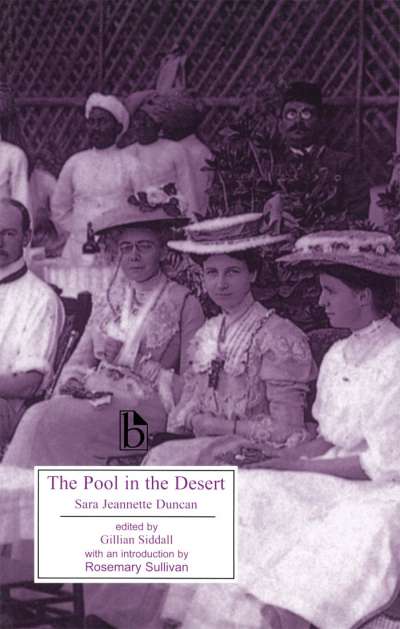Unhomely States is the first collection of foundational essays of Canadian postcolonial theory. The essays span the period from 1965 to the present day and approach broad issues of Canadian culture and society. They represent the impassioned conflicts, dissonances, and intersections among postcolonial theorists in English Canada.
Theories of Canadian postcolonialism are various and often contending. The questions proliferate: Is Canada postcolonial? Who in Canada is postcolonial? Are some Canadians more postcolonial than others? Together, the essays in this collection demonstrate both the historical development of this vigorous debate and its most prominent current perspectives. The anthology comprises work originally written in English, selected and arranged in order to demonstrate the dynamic nature of these discussions.
Included here are essays by many well-known writers and theorists, such as George Grant, Northrop Frye, Margaret Atwood, Dennis Lee, Robert Kroetsch, Linda Hutcheon, Diana Brydon, Thomas King, Terry Goldie, Arun Mukherjee, Smaro Kamboureli, Stephen Slemon, and Roy Miki. The collection covers such topics as anti-colonial nationalism, settler-invader theory, First Nations contexts, postcolonial pedagogy, and critiques of Canadian postcolonialism. A general introduction surveying the current field of postcolonial discourse in English Canada is also included.
Comments
“This book brings together the last forty years of impassioned Canadian debate on what remains our most charged, most unresolved, and always timely argument with and amongst ourselves. These pieces bristle with informed and eloquent contention over the status of Canadian colonial, national, and postcolonial states and aspirations; its twenty-eight voices, in eight sections, address every facet of these vital cultural issues. This is an indispensable collection.” — Neil Besner, University of Winnipeg
“Cynthia Sugars’s Unhomely States is the most comprehensive and thought-provoking collection of theoretical essays on English-Canadian literature.” — Albert Braz, University of Alberta
Acknowledgements
Introduction: Unhomely States
Part I: Anti-Colonial Nationalism
- From Lament for a Nation: The Defeat of Canadian Nationalism (1965) / George Grant
- From “Conclusion to A Literary History of Canada” (1965/1971) / Northrop Frye
- From Survival: A Thematic Guide to Canadian Literature (1972) / Margaret Atwood
Part II: The Commonwealth Context
- “Another Preface to an Uncollected Anthology: Canadian Criticism in a Commonwealth Context” (1973) / R.T. Robertson
- Editorial to the Journal of Canadian Fiction (1975) / John Moss
Part III: What is Canadian Postcolonialism?
- “Cadence, Country, Silence: Writing in Colonial Space” (1973) / Dennis Lee
- “Disunity as Unity: A Canadian Strategy” (1989) / Robert Kroetsch
- “‘Circling the Downspout of Empire’: Post-Colonialism and Postmodernism” (1989) / Linda Hutcheon
- “The White Inuit Speaks: Contamination as Literary Strategy” (1990) / Diana Brydon
- “English Canada’s Postcolonial Complexities” (1993/94) / Donna Bennett
Part IV: Settler-Invader Postcolonialism
- “Unsettling the Empire: Resistance Theory for the Second World” (1990) / Stephen Slemon
- “Postcolonial Theory and the ‘Settler’ Subject” (1995) / Alan Lawson
- “Reading Postcoloniality, Reading Canada” (1995) / Diana Brydon
Part V: First Nations Subjects
- “Godzilla vs. Post-Colonial” (1990) / Thomas King
- “Semiotic Control: Native Peoples in Canadian Literatures in English” (1990) / Terry Goldie
- “The ‘Post-Colonial’ Imagination” (1992) / Lee Maracle
- “Unfolding the Lessons of Colonization” (2000) / Marie Battiste
Part VI: Critiques of the (Canadian) Postcolonial
- “Canadian (Tw)ink: Surviving the White-Outs” (1987) / Gary Boire
- “‘Olga in Wonderland’: Canadian Ethnic Minority Writing and
Post-Colonial Theory” (1996) / Enoch Padolsky
- “How Shall We Read South Asian Canadian Texts?” (1998) / Arun Mukherjee
Part VII: Negotiating Postcolonialisms
- “What Use is Ethnicity to Aboriginal Peoples in Canada?” (1995) / Margery Fee
- “‘A Tough Geography’: Towards a Poetics of Black Space(s) in Canada” (1997) / Rinaldo Walcott
- “Geography Lessons: On Being an Insider/Outsider to the Canadian Nation” (1997) / Himani Bannerji
- “Sliding the Scale of Elision: ‘Race’ Constructs/Cultural Praxis” (1998) / Roy Miki
- “To Essentialize or Not To Essentialize: Is This the Question?” (1998) / Sherene Razack
Part VIII: Postcolonial Pedagogies
- “Transvestic Sites: Postcolonialism, Pedagogy, and Politics” (1997) / Richard Cavell
- “Critical Correspondences: The Diasporic Critic’s (Self-)Location” (2000) / Smaro Kamboureli
- “Always Indigenize!: The Radical Humanities in the Postcolonial Canadian University” (2000) / Len Findlay
Cynthia Sugars is an Assistant Professor in the Department of English at the University of Ottawa. She has published numerous articles on Canadian literature and has edited a collection of essays on postcolonialism and pedagogy entitled Home Work: Postcolonialism, Pedagogy, and Canadian Literature (University of Ottawa Press).

